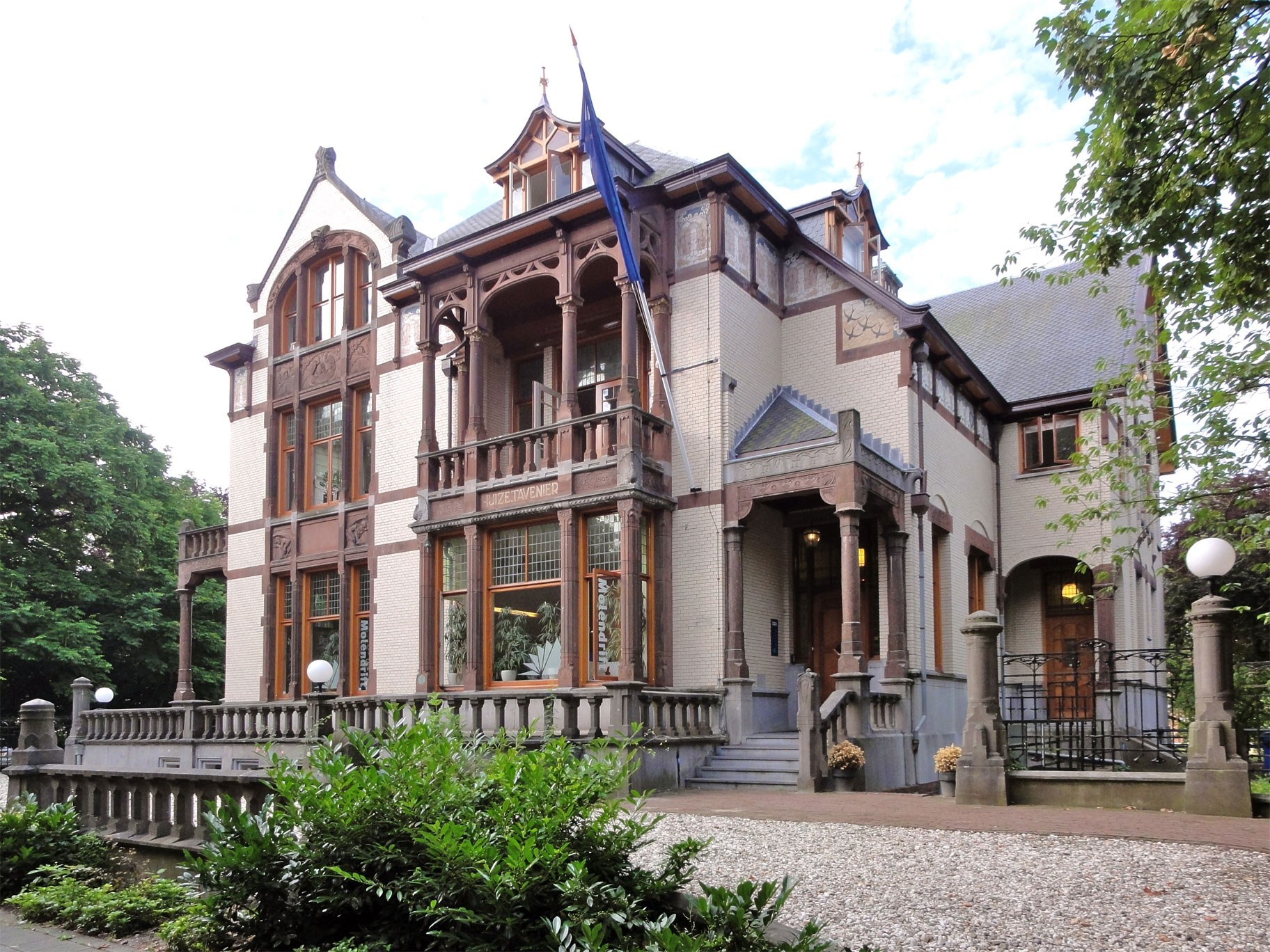On Monday
evening, Matthijs
and I are taking the step to become tochtgenoten (companions [on a journey]) within Oudezijds100. We are sharing this journey with two
others (Coby
and Marco), alongside of Sjoerd and Dorothea who are becoming postulants.
Becoming a tochtgenoot is not a new step for me: several years ago I also made this step. I even followed that initial step by becoming a postulant. So how do I travel this initial path again and still feel like I am moving forward and growing in community? The simple answer is that the path is not quite the same: every journey is different. More importantly, I am not making the journey without having learned from the last time and grown since I first travelled this path. And I am making this journey once again full of hope.
Becoming a tochtgenoot is not a new step for me: several years ago I also made this step. I even followed that initial step by becoming a postulant. So how do I travel this initial path again and still feel like I am moving forward and growing in community? The simple answer is that the path is not quite the same: every journey is different. More importantly, I am not making the journey without having learned from the last time and grown since I first travelled this path. And I am making this journey once again full of hope.
But what about
these past
two years
as postulant?
Talking too
enthusiastically
about becoming a tochtgenoot seems to
make light
of the
time I
spent as
a postulant.
Or to
question the
goodness of
my desire
two years
ago to
make that
step. In
many ways,
being a
postulant was
good -
I do
not regret
my request
nor my
desire to
share in
the joys
and
responsibilities
of being
part of
the core
group. Yet,
during those
two years,
much changed
both within
the coregroup
and in
my personal
life.
Relationships
were strained,
and it
was hard
to be
fully myself
and to
feel heard. To my disappointment, the original idea I had of the journey that I would follow was no longer possible nor even good.
And so the journey continues now with my becoming a tochtgenoot on Monday. And I am filled with the wonder of being more part of a community and of being able to explore what community life means for Matthijs and me. That community life is for me was something I sensed when my googling a community in Amsterdam so quickly led me to the Oudezijds100 website, and I discovered what I had been looking for before I even knew what it was. And within a short time of being here, I knew that I wanted to live in some kind of community for the rest of my life. It was Matthijs's interest in community that first attracted me to him (the Old Testament part didn't hurt, of course). And as a married person, my desire is still fully to serve God and live out my faith in all that I do. As much as I enjoyed all the time we had together when we first got married and the energy we could put into ourselves and our marriage, there was also a sense of emptiness: shouldn't serving God be more than my academic work and more than my supporting and encouraging Matthijs (and he me)? Where is the rest of the wider church? And where are the other people we are called to love and encourage?
I hope that we can better answer those questions this coming year: not just in the abstract but also in the midst the realness of community: both its joy and its messiness.
And so the journey continues now with my becoming a tochtgenoot on Monday. And I am filled with the wonder of being more part of a community and of being able to explore what community life means for Matthijs and me. That community life is for me was something I sensed when my googling a community in Amsterdam so quickly led me to the Oudezijds100 website, and I discovered what I had been looking for before I even knew what it was. And within a short time of being here, I knew that I wanted to live in some kind of community for the rest of my life. It was Matthijs's interest in community that first attracted me to him (the Old Testament part didn't hurt, of course). And as a married person, my desire is still fully to serve God and live out my faith in all that I do. As much as I enjoyed all the time we had together when we first got married and the energy we could put into ourselves and our marriage, there was also a sense of emptiness: shouldn't serving God be more than my academic work and more than my supporting and encouraging Matthijs (and he me)? Where is the rest of the wider church? And where are the other people we are called to love and encourage?
I hope that we can better answer those questions this coming year: not just in the abstract but also in the midst the realness of community: both its joy and its messiness.



